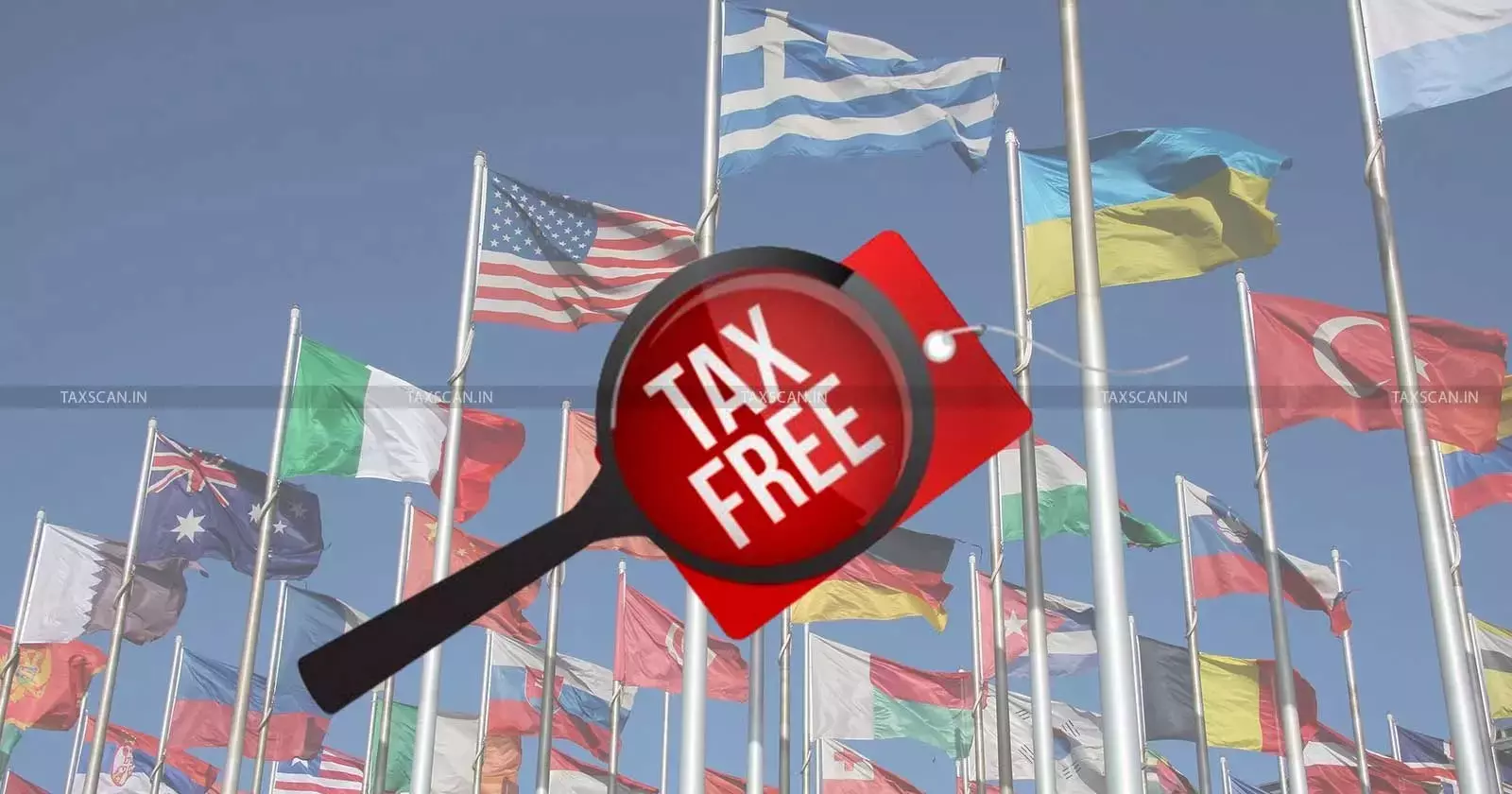Living Tax-Free: Countries Where Personal Income Tax Doesn’t Apply
Zero personal income tax can provide substantial financial benefits but comes with trade-offs: residency rules, indirect taxes, living costs, infrastructure, and policy risks. This article covers the scope of having a tax-free living.

In a world where earnings often come hand‑in‑hand with taxes, a select group of countries stand out for their unique fiscal regime: no personal income tax. These jurisdictions offer a compelling proposition: keep nearly 100 % of what you earn.
But the reality behind this so‑called “tax‑free” dream is more nuanced, with lifestyle, residency, legal, and financial implications. This article explores the mechanisms behind no‑income‑tax countries, profiles key destinations, and outlines what to consider before making a move.
Why do some countries not levy personal income tax
A country with zero income tax might seem too good to be true. Several nations sustain this through:
- Alternative revenue sources- Public services are funded via natural resource royalties, tourism fees, consumption taxes, import duties, or corporate taxes. Oil‑rich Gulf states, for instance, historically managed without individual income tax.
- Small population, high per‑capita income, and foreign investment- In smaller states or city‑states with strong tourism or financial sectors, the tax base differs, allowing zero personal income tax.
- Residency and citizenship programs for high‑net‑worth individuals- These programs attract foreign residents and expand the tax base without taxing salaries.
- Trade-offs elsewhere- Other taxes (property, import duties) and high living costs may offset the absence of income tax.
Zero personal income tax doesn’t mean no taxes at all, it means the tax burden is shifted.
Notable zero‑income‑tax jurisdictions
1. United Arab Emirates (UAE)
Residents pay no personal income tax on salaries, making it very attractive for expatriates. A corporate tax (9 %) applies to businesses, but not most individuals. Consumption taxes (VAT) and residency tied to employment or investment are key considerations. High living costs in Dubai or Abu Dhabi can offset tax savings.
2. The Bahamas
This Caribbean nation imposes no personal income, capital gains, or inheritance tax. Residency is possible via real estate investment. VAT and import duties can be steep, and island‑life infrastructure, travel costs, and imported goods affect affordability. For many high‑net‑worth individuals, the combination of lifestyle and tax benefits is appealing.
3. Monaco
The sovereign city‑state on the French Riviera has no personal income tax. Entry requires substantial financial means and banking arrangements. Living costs and property prices are high. French nationals are still liable to French taxes, so nationality matters. Monaco’s appeal is both lifestyle and prestige.
4. Vanuatu
This South Pacific island imposes no income, capital gains, or inheritance tax. Infrastructure and healthcare are limited compared to developed nations. Travel logistics can be challenging. Investment or citizenship‑by‑investment may be required for residency.
5. Bahrain and other Gulf states
Countries like Bahrain, Kuwait, Qatar, and Oman currently have no personal income tax. Revenue comes mainly from oil and gas. Oman plans to impose a 5 % income tax in 2028. Cultural, legal, and social norms differ, and expatriate employment and residency rules are strict.
Key considerations before relocating
1. Residency vs domicile vs home-country tax
Changing address doesn’t automatically remove tax obligations. Residency, domicile, and worldwide income rules vary. Ensure your home country ceases taxing your foreign income.
2. Other taxes and cost of living
Even tax‑free countries levy VAT, import duties, property taxes, and high living costs. These can offset the benefits of zero income tax.
3. Infrastructure, lifestyle, and residency rules
Adapting to smaller economies, limited healthcare or education, strict residency requirements, and legal norms is essential. Business owners must understand corporate tax, foreign ownership restrictions, and free-zone rules.
4. Stability and future tax risk
No country guarantees a permanent zero income tax. Policy changes, economic stress, or oil-price fluctuations may introduce taxes. Oman’s planned 2028 tax is a reminder.
5. Tax treaty and home‑country obligations
High-tax countries (like the U.S. or India) may still require tax on worldwide income unless tax residency is formally changed. Exit taxes and treaty obligations must be considered.
Who might benefit and who might not
Ideal candidates:
- High-income earners seeking to reduce marginal tax rates.
- Individuals with global income streams who can legally change residency.
- Investors or retirees with flexibility in lifestyle and mobility.
- Professionals ready to meet residency or investment requirements.
Less suitable candidates:
- Those whose primary income is home-country-based and cannot change tax residency.
- Families prioritise high-quality public services unavailable abroad.
- Individuals preferring familiar cultural, legal, or language environments.
- Anyone unwilling to manage cross-border tax, legal, and residency arrangements.
The “tax‑free lifestyle” is attainable in countries like the UAE, The Bahamas, Monaco, Vanuatu, and select Gulf states. Zero personal income tax can provide substantial financial benefits but comes with trade-offs: residency rules, indirect taxes, living costs, infrastructure, and policy risks.
Relocation for tax purposes requires careful planning: understanding home-country obligations, lifestyle adjustments, verifying residency rules, and monitoring future tax risks. Done correctly, it enables wealth maximisation and geographic freedom; done hastily, it can create regulatory exposure and offset the intended benefits.
Support our journalism by subscribing to Taxscan premium. Follow us on Telegram for quick updates


